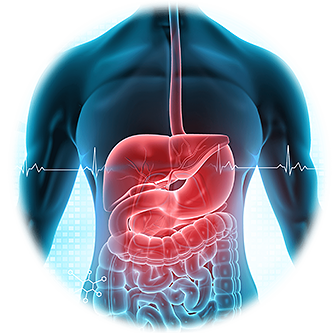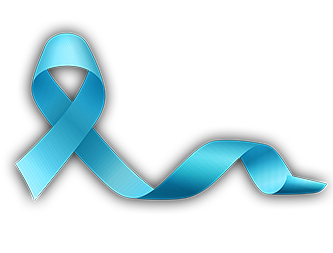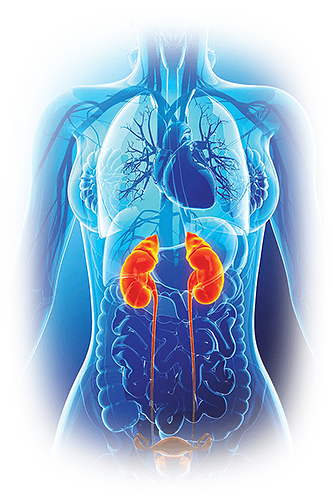Login
For Clinician Providers
For Clinician Providers
For Patients
What is Flow Cytometry?
What is Flow Cytometry?
Flow cytometry is a technology that is used to analyse the physical and chemical characteristics of particles in a fluid as it passes through at least one laser. Cell components are fluorescently labelled and then excited by the laser to emit light at varying wavelengths.
The fluorescence can be measured to determine various properties of single particles, which are usually cells. Up to thousands of particles per second can be analysed as they pass through the liquid stream. Examples of the properties measured include the particle’s relative granularity, size and fluorescence intensity as well as its internal complexity. An optical-to-electronic coupling system is used to record the way in which the particle emits fluorescence and scatters incident light from the laser.
Three main systems make up the flow cytometer instrument and these are the fluidics, the optics and the electronics. The purpose of the fluidics system is to transport the particles in a stream of fluid to the laser beam where they are interrogated. Any cell or particle that is 0.2 to 150 μms in size can be analyzed. If the cells are from solid tissue, they require disaggregation before they can be analyzed. Although cells from animals, plants, bacteria, yeast or algae are usually measured, other particles such as chromosomes or nuclei can also be examined. Some particles such as marine algae are naturally fluorescent, but in general, fluorescent labels are required to tag components of the particle. The section of the fluid stream that contains the particles is referred to as the sample core.
The optics system is made up of lasers which illuminate the particles present in the stream as they pass through and scatter light from the laser. Any flourescent molecules that are on the particle emit fluorescence, which is detected by carefully positioned lenses. Generally, the light scattered from up to six or more fluorescences is determined for two different angles. Optical filters and beam splitters then direct the light signals to the relevant detectors, which emit electronic signals proportional to the signals that hit them. Data can then be collected on each particle or event and the characteristics of those events or particles are determined based on their fluorescent and light scattering properties.
The electronics system is used to change the light signals detected into electronic pulses that a computer can process. The data can then be studied to ascertain information about a large number of cells over a short period. Information on the heterogeneity and different subsets within cell populations can be identified and measured. Some instruments have a sorting feature in the electronics system that can be used to charge and deflect particles so that certain cell populations can be sorted for further analysis.
The data are usually presented in the form of single parameter histograms or as plots of correlated parameters, which are referred to as cytograms. Cytograms may display data in the from of a dot plot, a contour plot or a density plot.
Applications
Flow cytometry is used to perform several procedures including:
- Cell counting
- Cell sorting
- Detection of biomarkers
- Protein engineering
Flow cytometry has numerous applications in science, including those relevant to healthcare. The technology has been widely used in the diagnosis of health conditions, particularly diseases of the blood such as leukemia, although it is also commonly used in the various different fields of clinical practice as well as in basic research and clinical trials.
Some examples of the fields this technology is used in include molecular biology, immunology, pathology, marine science and plant biology. In medicine, flow cytometry is a vital laboratory process used in transplantation, oncology, hematology, genetics and prenatal diagnosis. In marine biology, the abundance and distribution of photosynthetic plankton can be analysed.
Flow cytometry can also be used in the field of protein engineering, to help identify cell surface protein variants.
Sources:
1. ww2.massgeneral.org/aids/flow_cytometry/documents/IntrotoFlow.pdf
2. https://crl.berkeley.edu/IntroductionWeb.pdf
3. https://facs.scripps.edu/BRJIM.pdf
4. www.biozentrum.unibas.ch/…/Introduction_to_Flow_Cytometry-2012.pdf
5. files.nyu.edu/…/introduction.pdf
6. https://www.d.umn.edu/~biomed/flowcytometry/introflowcytometry.pdf
7. https://flowbook.denovosoftware.com/
8. https://www.news-medical.net/life-sciences/What-is-Flow-Cytometry.aspx



